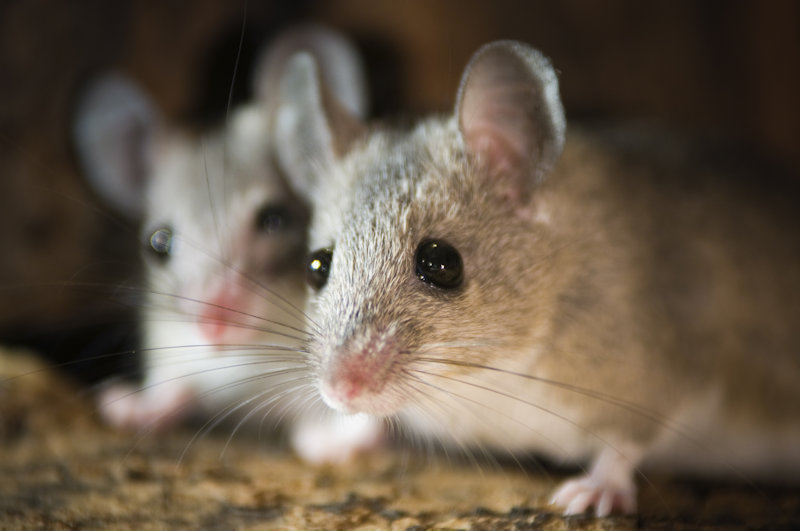In 2021, nearly 14.8 million Americans reported seeing rodents in their homes over the past year, and a further 2.9 million people reported sightings of rodents and roaches.
Pests in your home, if left unattended, can wreak havoc on your house, so dealing with them promptly is essential. So if you see a mouse in your house, you may wonder how many mice you aren’t seeing.
To deal with a mouse problem, knowing how many you are dealing with is helpful. That way, you know how intensive your pest control methods need to be. So keep reading to learn more about how many mice are in your home.
Common Causes of Mice
If you have mice in your home, it doesn’t necessarily mean your house is dirty. Mice are resourceful and will travel almost anywhere to find food. And we’re not perfect, so we’re bound to leave food out that may attract mice occasionally.
Common causes of mice can include:
- Poor Sanitation: Things like leaving food out, where mice can have easy access, can attract rodents.
- Bird Feeders: Rodents are scavengers and can find food almost anywhere, so bird feeders can be tempting to mice lurking around outdoors.
- Debris: Debris can occur inside and outside the home, providing cozy spots for rodents to create nests and raise their young.
So, How Many Mice Do I Have?
Suppose you’ve spotted a mouse running through your kitchen; it’s doubtful it’s the only one residing in or near your home. So how do you know how many mice you have? There are a few ways to guestimate this answer, so let’s explore.
Time of Day
The first way you can tell you have multiple mice is by the time of day you see one. If you’re seeing them in the daytime, you probably have more than one mouse. This is because mice are more active at nighttime, so any activity during the day increases your odds of having a mouse problem.
Count the Droppings
Another simple way to tell if you have a mouse problem is to take notice of the droppings. More mice mean more droppings, as one mouse can only poop so much.
Signs of Chewing
Another clear indicator that you have a mouse problem is looking at the boxes or packets in your pantry cupboard. Mice can find food quickly, and a cardboard box isn’t going to keep them out.
If you notice lots of shredded paper lying around, this could indicate that they’re trying to make a nest. If they’re nesting, it’s almost certain you have at least two mice in your home.
How to Get Rid of Mice Humanely
One tried-and-tested method for getting rid of mice is to use essential oils and cotton wool. First, soak the cotton wool in a strong-scented essential oil such as peppermint or eucalyptus. Next, place these balls in any areas mice can either nest in or use as a thoroughfare.
Rats and mice have very sensitive respiratory systems, so the strong scent from the cotton wool balls will have them packing up and leaving. This could take a few weeks, so keep replacing the oil-soaked cotton balls as their scent wears off.
Mouse Prevention Tips
No one likes to admit they have mice in their home, so prevention is key to ensuring this doesn’t happen. Here are four quick mouse prevention tips to follow:
- Don’t leave food out overnight and limit access to open water sources
- Seal up any holes along the exterior of your house, and place peppermint cotton balls in any gaps you can’t close
- Keep your yard clean and tidy, so it limits the number of places that mice could nest in
- Plant mint in your garden to ward off rodents as they don’t like the scent of it
While these may not be foolproof methods, they’re a good start at attempting to keep rodents at bay.
- Pro Tip: If you have a dog, keep their water bowl close to where they sleep so rodents won’t risk using it as a water source.
Say Goodbye To Mice In Your Rice
Finding one mouse in your home can often mean many more mice you can’t see, and it can get out of hand if not dealt with quickly. While there’s no guaranteed way of knowing how many mice you have in your home, we hope these suggestions have been helpful.
If you find mice in your home, please get in touch with us, and we will send in professionals to help you rid your home of rodents.
NEED HELP?
If you live in Southern Maryland, or Northern Virginia
FIND YOUR SOLUTION HERE
People, Pet & Pollinator Safe! Pest control for people who care.

